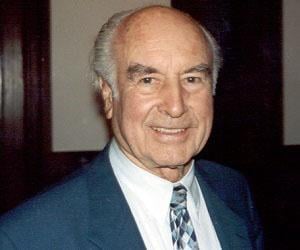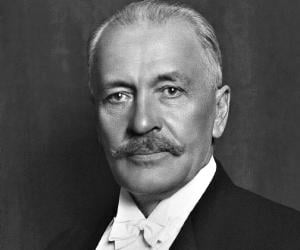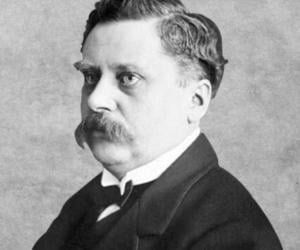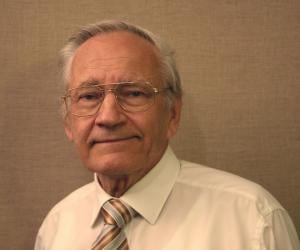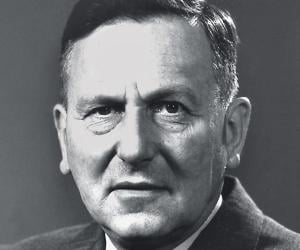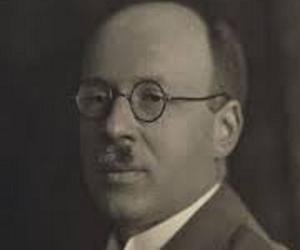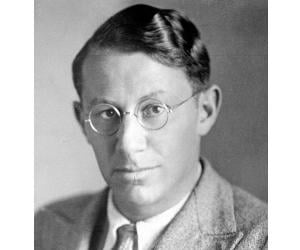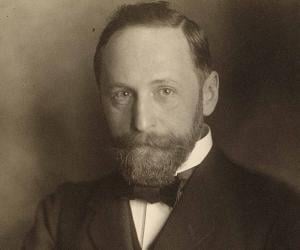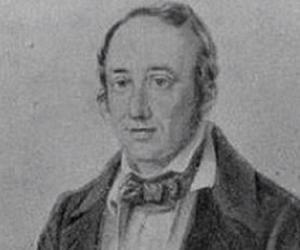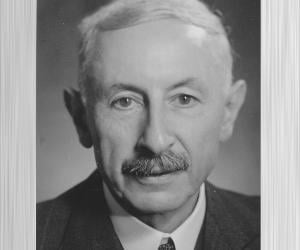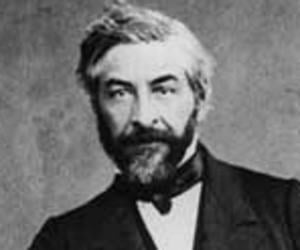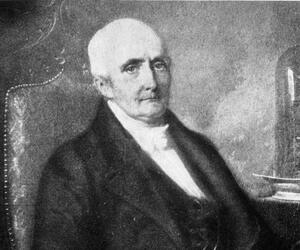1
Albert Hofmann
(The First Person to Synthesize LSD)
Birthdate: January 11, 1906
Sun Sign: Capricorn
Birthplace: Baden
Died: April 29, 2008
Albert Hofmann was a pioneering Swiss chemist renowned for his groundbreaking work in the field of psychedelic substances. He is best known for synthesizing, ingesting, and discovering the effects of LSD, as well as isolating and synthesizing the key compounds in psychedelic mushrooms. With over 100 scientific articles and several books to his name, including the influential "LSD: My Problem Child," Hofmann made significant contributions to the study of hallucinogens. His work earned him recognition as one of the greatest living geniuses.
